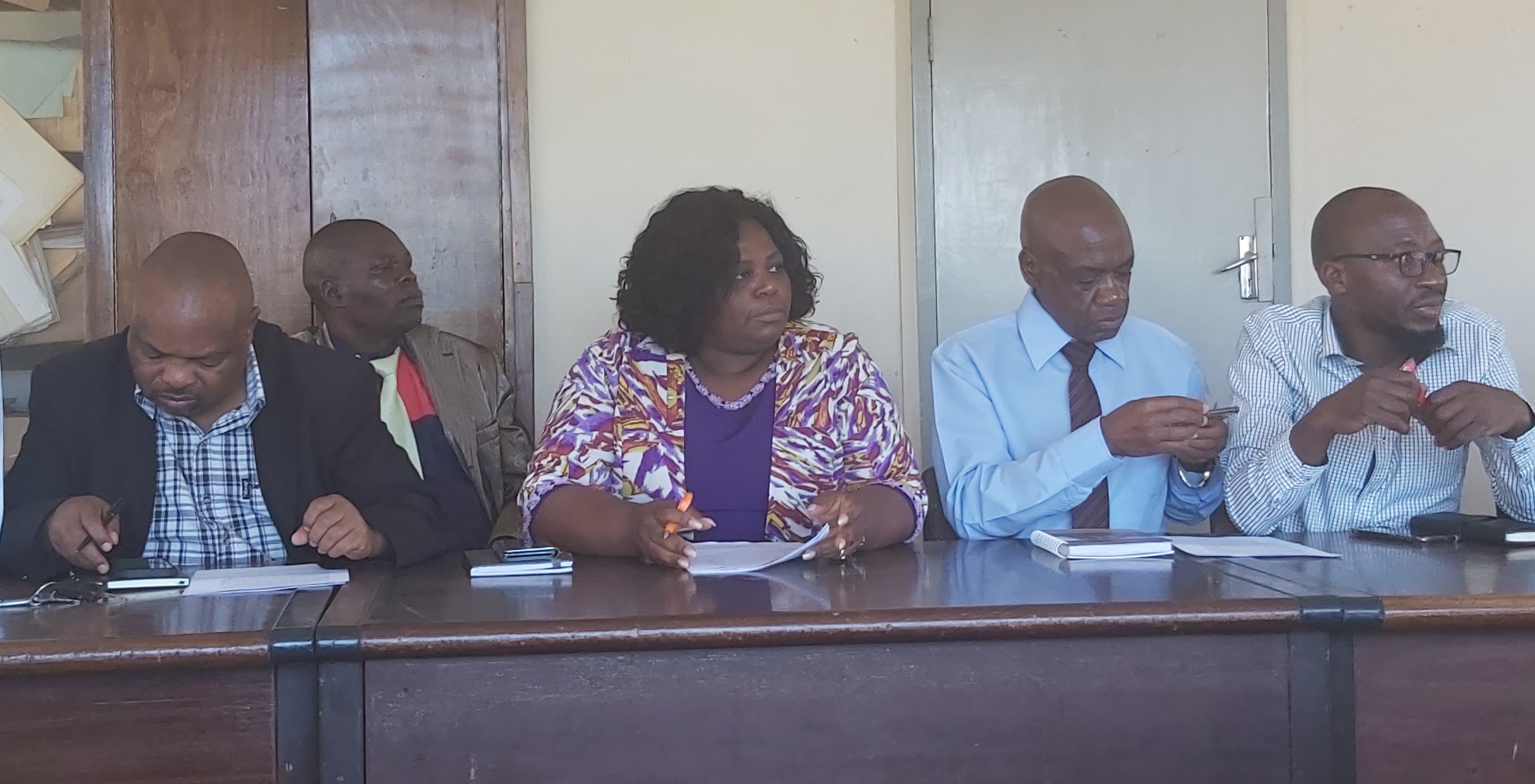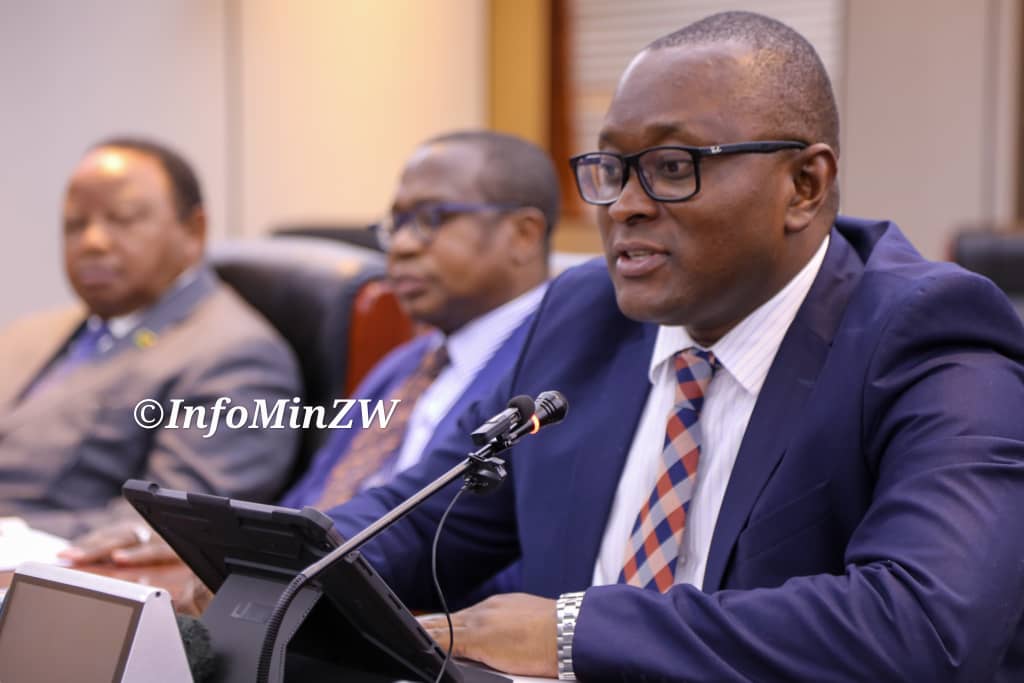Civil servants push for urgent salary negotiations
Share

Harare (New Ziana) – Civil servants pressed government on Monday to urgently re-convene negotiations for a review of their salaries and working conditions, citing rising cost of living due to inflation.
In a memo to Labour and Social Welfare Minister Prof Paul Mavima, the lead government negotiator, the representative body of the civil servants, said the salary negotiations were taking inordinately long to be concluded.
The civil servants are pushing for their salaries to be paid in US dollars, or pegged to the greenback but paid in local currency at the ruling exchange rate.
The government has said it was unable to pay civil servants in US dollars, but was willing to increase the salaries in local currency, and also offer other none monetary incentives, such as staff housing.
But it has offered to pay, with effect from this month, Covid-19 allowances in US dollars to civil servants and government pensioners.
Zimbabwe Confederation of Public Sector Trade Unions (ZCPSTU) president Cecilia Alexander said civil servants were becoming increasingly anxious over delays by the government to re-convene the National Joint Negotiating Council (NJNC) to finalise salary reviews.
“The Zimbabwe Confederation of Public Sector Trade Unions (ZCPSTU) hereby write to register our disquiet at the delay in reconvening the NJNC meant to finalize the urgent need for a COLA (cost of living allowance) for civil servants.
“Hon. Minister, the last NINC meeting did not reach an agreement on COLA after it became clear to both negotiating parties that any fruitful negotiations can only be based on, at the very least a reasonable USD component on the basic salary. It was demonstrably clear that the exchange rate distortions and the resultant inflation no longer allow for meaningful ZWL negotiations, hence the need to focus on the USD being the currency that is ruling the market,” she said.
Alexander said at the last meeting, parties agreed that it was time government cushioned its workers from the prevailing high inflation.
“There was consensus between the negotiating parties on the parallel market being the only option through which civil servants could access USD to pay for goods and services rendering the current levels of Rtgs salaries widely way below the food basket. For instance, Hon. Minister, the lowest paid civil servant earns a paltry Rtgs 18000 against a PDL of Rtgs 78000 and even with the USD 75 COVID Allowance, the gap is just too wide and an urgent settlement of this issue is called for,” she said.
Alexander, however, dissociated her group from strike sentiments expressed by some affiliates of the labour body, such as teacher representative unions.
Some teacher unions, exposed last year to be working with the British government in its regime-change agenda in Zimbabwe, are calling for a strike when schools re-open next week.
But Alexander said: “Hon. Minister, while some teacher unions have already signaled for a strike when schools open, ZCPSTU is yet to make such a declaration as we still hope government will see reason and do the right thing before things get out of hand. What is at stake is that your workers are critically incapacitated and will not be able to report to work whether or not we call for a strike.
“It is against this background Hon. Minister that we request that you cause for the urgent convening of the NJNC to address this dire situation most ideally before schools open.”
New Ziana









